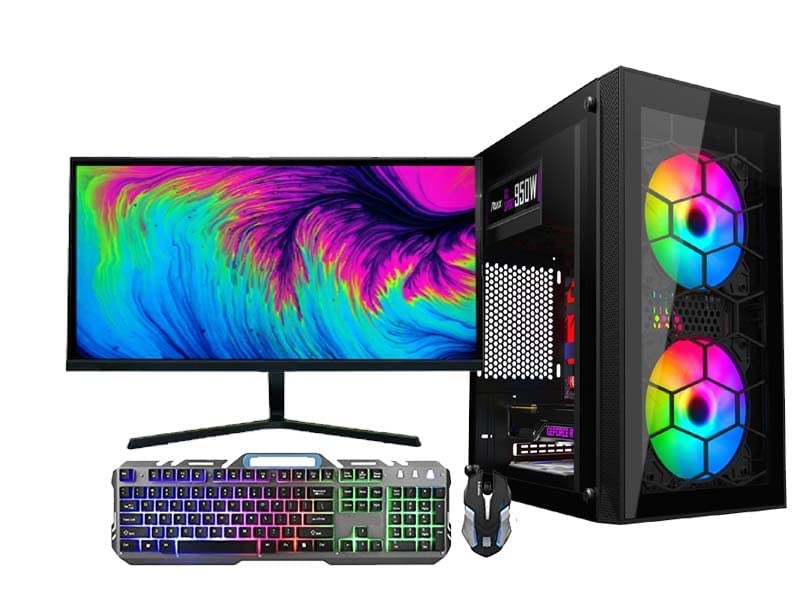Personal computers (PCs) have become an essential component of daily life, revolutionizing the way individuals work, learn, and connect. Since their inception, PCs have evolved significantly, becoming more powerful, accessible, and integral to various aspects of personal and professional life.
Components and Functionality
A personal computer typically consists of several key components:
- Central Processing Unit (CPU): Often referred to as the “brain” of the PC, the CPU handles instructions and performs calculations required for running applications and operating systems. Modern CPUs are characterized by multiple cores and high clock speeds, which enhance processing power and efficiency.
- Memory (RAM): Random Access Memory (RAM) temporarily stores data that the CPU needs to access quickly. Higher RAM capacity allows for smoother multitasking and faster performance when running multiple applications simultaneously.
- Storage: PCs use various types of storage to save data and programs. Hard Disk Drives (HDDs) and Solid-State Drives (SSDs) are common types, with SSDs offering faster data access speeds and greater reliability.
- Motherboard: The motherboard is the main circuit board that connects all components of the PC. It houses the CPU, memory, and other critical components, enabling them to communicate.
- Graphics Processing Unit (GPU): The GPU is responsible for rendering images and videos. For general use, integrated graphics are often sufficient, but dedicated GPUs are essential for gaming, video editing, and other graphics-intensive tasks.
- Peripheral Devices: PCs are often used with peripherals such as keyboards, mice, monitors, printers, and external drives, which enhance functionality and user experience.
Types of PCs
- Desktops: Traditional desktop PCs are powerful and customizable, suitable for tasks ranging from office work to gaming. They usually offer more storage space and upgrade options compared to other types.
- Laptops: Laptops provide portability and convenience, combining the functionality of a desktop with the ability to work on the go. They come in various sizes and configurations, including ultrabooks and gaming laptops.
- All-in-Ones: These PCs integrate the computer components into the monitor, reducing clutter and saving space. They are popular for their sleek design and ease of setup.
Impact on Society
PCs have transformed numerous aspects of modern life. In education, they facilitate access to digital resources and online learning platforms. In business, they streamline operations, enhance productivity, and enable remote work. PCs also support creative endeavors such as graphic design, video editing, and programming.
Advancements and Future Trends
The evolution of PCs continues with advancements in artificial intelligence, cloud computing, and augmented reality. Emerging technologies promise to make PCs more powerful, versatile, and integrated into daily life.
In summary, personal computers are a foundational technology that has reshaped modern society. Their development and integration into various domains highlight their importance in driving progress, productivity, and connectivity in the digital age.
